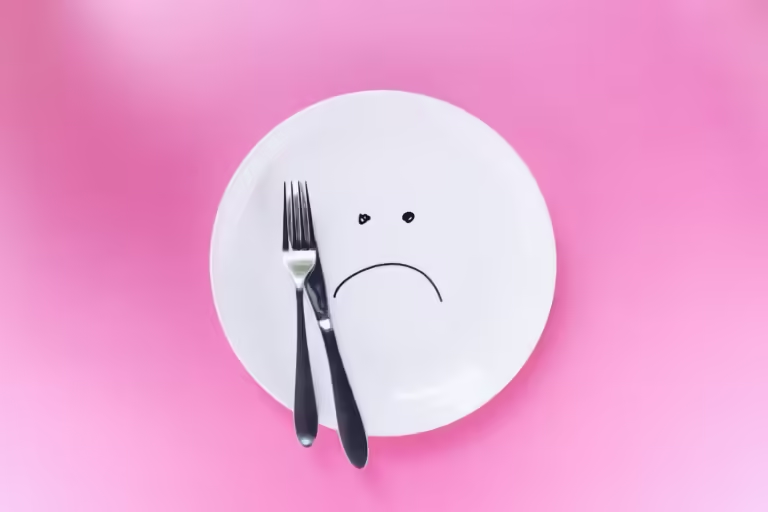The endeavor for unattainable beauty standards has always fed into the fear that we’re never good enough. Lose more pounds. Cinch in that waist. Hold your breath.
The anti-obesity drug market preys on those fears.
It’s no surprise that Goldman Sachs estimates the global market for anti-obesity medications (AOMs) could grow to $100 billion by 2030.
In their research, Goldman Sachs calculated that 15 million adults in the U.S. could be treated with AMOs by 2030.
Ozempic Lawsuit
We’ve always been told that too much of a good thing is bad. The Ozempic lawsuit is a case in point. These lawsuits aim to hold the manufacturers accountable, says TorHoerman Law.
A drug that was initially approved for the treatment of type 2 diabetes gained global recognition as a weight-loss solution. Hollywood celebs touted it as a miracle drug that melted the weight away with minimal fuss.
The repercussions were far-reaching. Ozempic and similar drug Wegovy were in short supply. Diabetes patients found themselves having to ration the GLP-1 class medication.
Then came the claims of health problems, from gastroparesis (stomach paralysis), and ileus to bowel obstruction. Enlisting the knowledge of an Ozempic lawyer was important to building a case against drug manufacturers Novo Nordisk and Eli Lilly to file an Ozempic lawsuit.
Unfortunately, Ozempic isn’t the only weight loss method that’s alleged to cause severe gastrointestinal issues. Below, we’ve listed some dubious diets that reportedly caused more harm than good.
Low Fiber Diets
Researchers presented their study at the American Society of Clinical Oncology in June 2023. They were stumped by the sudden rise in colorectal cancer rates among young Americans.
The team of 50 experts found that diets low in fiber and high in sugar produced Fusobacterium. The bacteria cause inflammation of the gut. They hypothesized that high taurine levels in energy drinks could further exacerbate the early onset of colorectal cancer.
Related to the findings, the USDA noted that 95% of Americans don’t have enough fiber in their diets.
It’s not just high taurine levels that have caused concern. There’s an ongoing class action lawsuit against Prime Hydration for using “misleading and deceptive practices’ ‘ while marketing their Prime energy drink.
DNP
DNP or 2,4-Dinitrophenol, first caused a blip on the radar in 2015 when Eloise Parry, 21, swallowed eight capsules. Twelve hours later, she was dead.
The slimming pill was reportedly responsible for the deaths of 32 others in the U.K. The British have now added DNP to their list of regulated poisons.
Before the reclassification, the drug was marketed on the internet as a slimming pill. It was easily accessible despite containing a toxic chemical compound.
Dr Simon Hill from the National Poisons Information Service said the drug was “extremely dangerous at all doses.”
Ketogenic Diet
The low-carb, high-fat keto diet was all the rage several years ago. Those who adopted the eating plan kept their daily carb intake to 50 grams or less.
One of the side effects is ketosis – the body has to burn fat instead of sugar for energy. Health warned that people who did the diet incorrectly or longer than required could increase the chances of kidney stones and other deficiencies.
Dehydration is one such side effect and carries symptoms such as dry mouth, dizziness and changes in urine color. Another is gastrointestinal issues, giving rise to constipation, diarrhea, nausea, or vomiting.
Ozempic Controversy Far From Over
As new cases in the Ozempic lawsuit come to light, medical experts are still discovering further complications.
A 2023 study published on Jama Network found a strong link between gastroparesis (stomach paralysis) and Ozempic.
Most recently, doctors warned that patients who undergo endoscopic procedures while on Ozempic and similar drugs could be at risk of choking to death.
The study found that these patients were at 33% higher risk of suffering aspiration pneumonia, the Statnews reported. The complication could drastically increase medical bills.
Aspiration pneumonia causes food, liquids, or saliva to get sucked into the airway, resulting in choking.
Study author Dr Ali Rezaie told the publication that GLP-1 medications slow digestion, which makes food sit in the stomach longer.
The stomach may not be empty after a patient fasts. This could cause choking while under general anesthesia. The stomach contents then move up to the mouth and enter the lungs.
The FDA is aware of the complications associated with weight loss drugs such as Ozempic and has not yet issued an official warning. Hopefully, the outcome of the Ozempic lawsuits will spur the agency to take further action.
In the interim, Ozempic lawsuit lawyers are working hard on the legal process, with some offering a free case evaluation.


